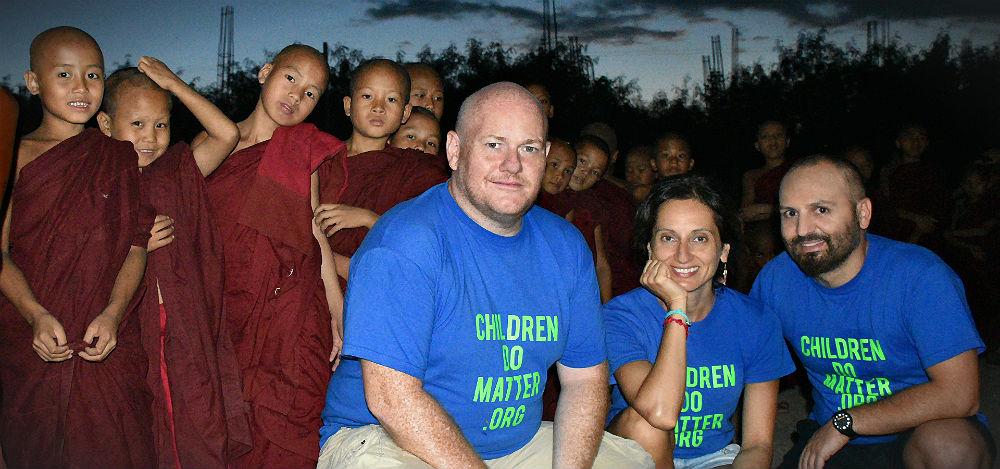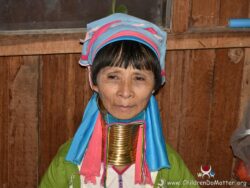In Myanmar, education and orphanages play a crucial role in the development and well-being of children. The country faces numerous challenges in providing quality education and care for orphaned and vulnerable children.
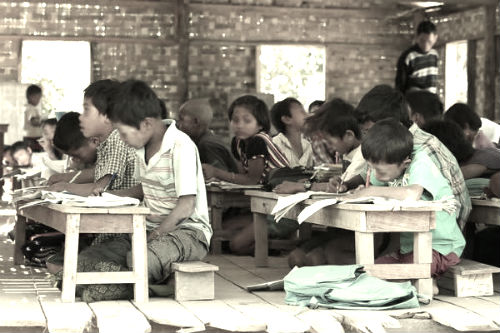
Education in Myanmar has also faced challenges due to decades of military rule, underinvestment, and civil conflict. However, the government has made efforts to improve the education system, including increasing funding, expanding access to education, and promoting curriculum reform.
To date, there are still significant issues such as a lack of qualified teachers, outdated curriculum, and inadequate infrastructure. Many children, especially those living in rural areas, do not have access to quality education. As a result, dropout rates are high and the literacy rate remains low.
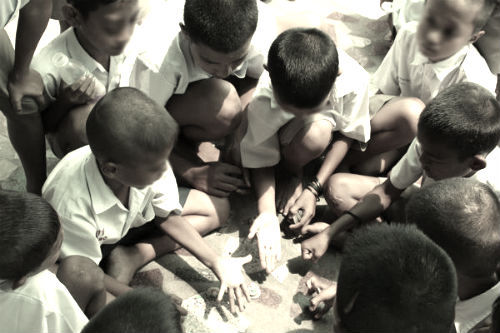
Orphanages provide a vital service for children who have lost their parents or are living in vulnerable situations. These facilities provide shelter, food, education, and healthcare for children in need. However, many orphanages in Myanmar struggle to provide adequate care due to limited resources and funding. Some orphanages are overcrowded, understaffed, and lack proper facilities.
There is a growing recognition of the importance of family-based care for orphaned children, as opposed to institutional care. Organisations and government agencies in Myanmar are working to promote foster care and adoption as viable alternatives to orphanages. However, cultural beliefs and stigma surrounding adoption still present challenges in the country.
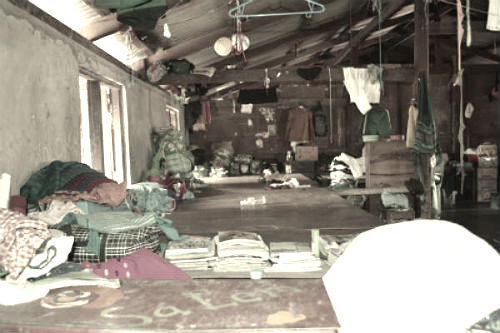
In 2013, Myanmar finally endorsed the ILO Convention 182, prohibiting the worst forms of child labour such as forced labour, working in the sex industry and work involving weapons.
Overall, education and orphanages in Myanmar are essential components of the country’s efforts to support and empower children. Continued investment in education and child welfare services is needed to ensure that all children have the opportunity to thrive and reach their full potential.
I work in the field of digital marketing and love to travel as much as possible. I have reached a stage of my life where I feel it’s time to ‘pay it forward’.
